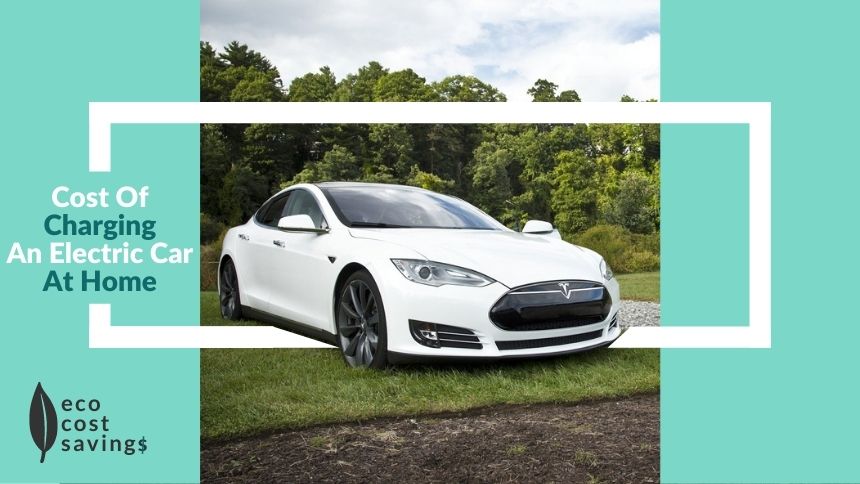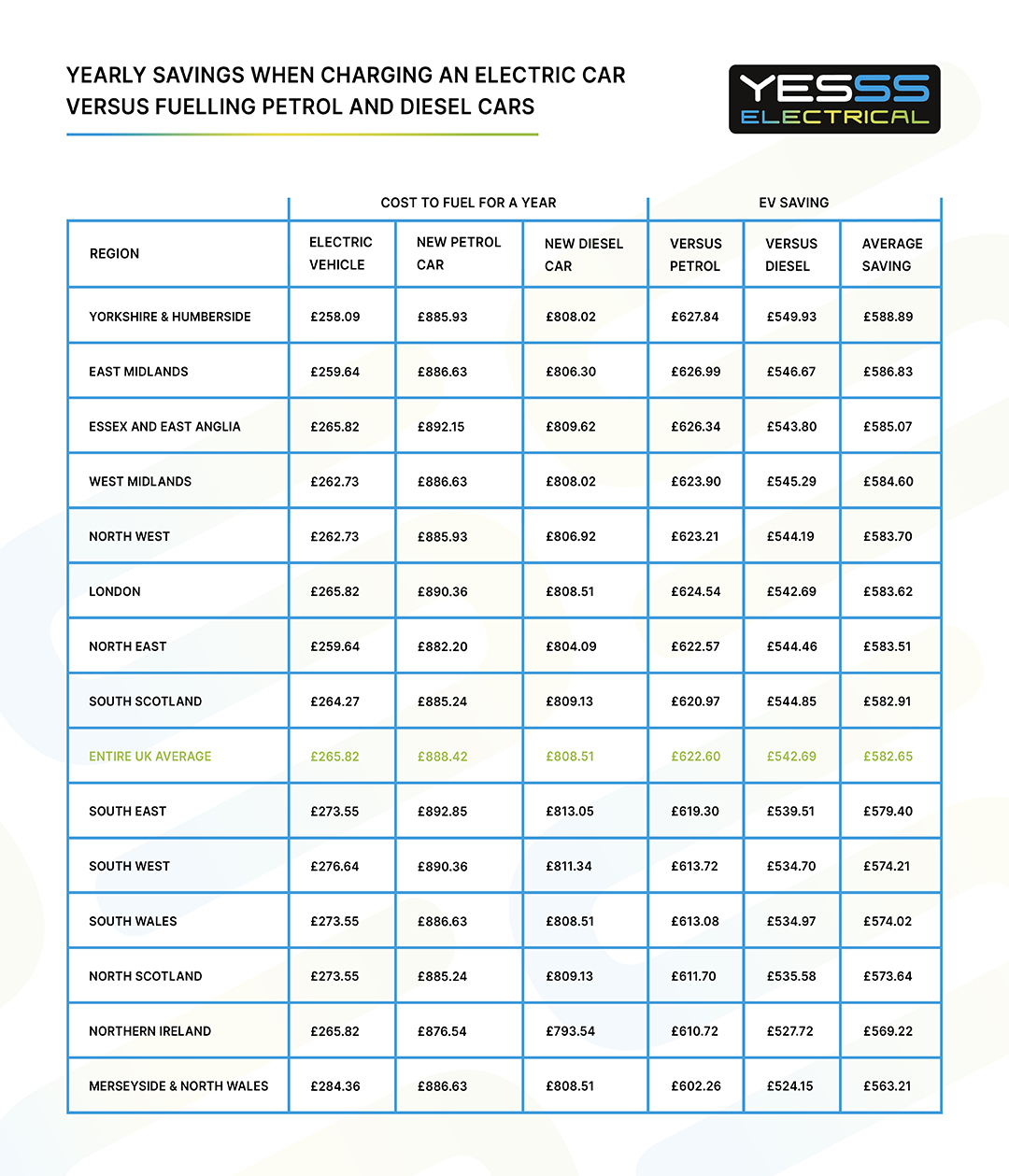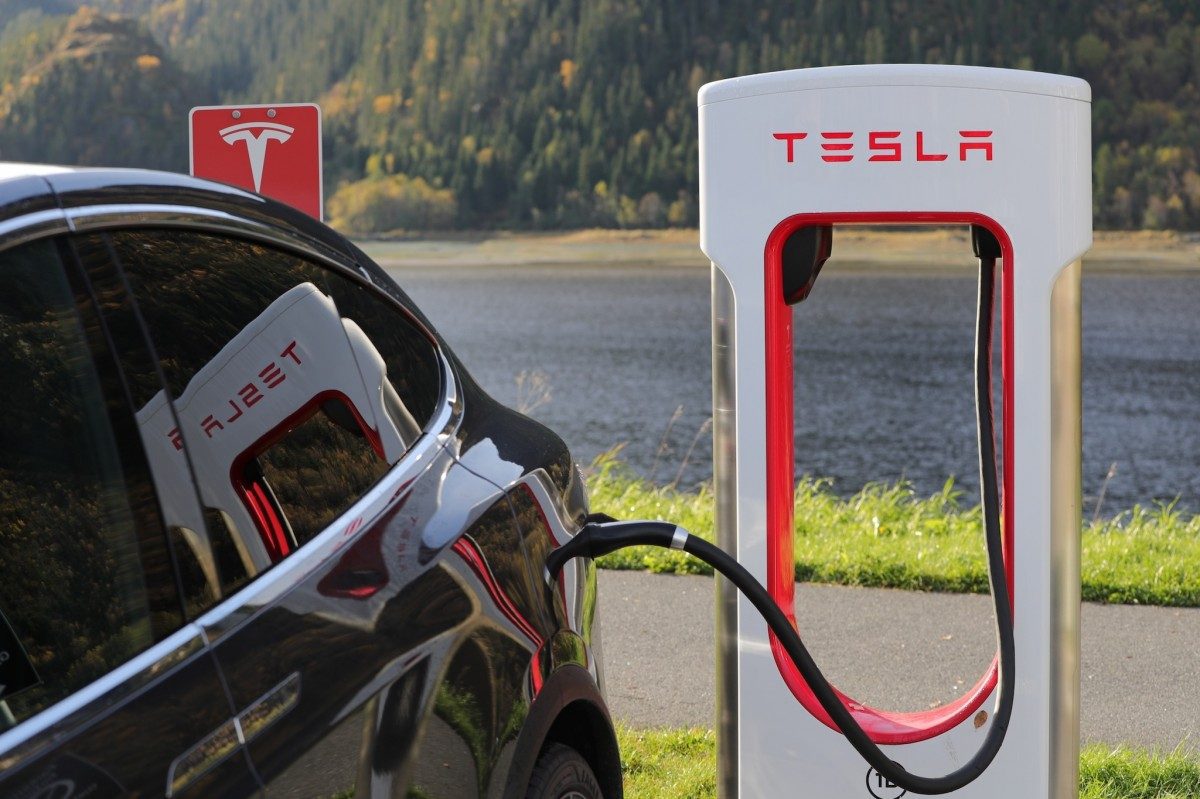Electric cars are becoming popular. Many people want to know how much it costs to charge them. This article will help you understand the costs. We will look at different factors. Then, we will find out how to save money while charging.
Understanding Electric Car Charging
Charging an electric car is not the same as filling a gas tank. You need to know a few things first. First, what is the battery size? Second, what is the cost of electricity? Finally, how much do you drive? These factors will help us understand the cost.
Battery Size
The battery size is important. It tells you how much energy the car can hold. Most electric cars have batteries that range from 20 kWh to 100 kWh. kWh stands for kilowatt-hours. This is a measure of energy. For example:
| Car Model | Battery Size (kWh) |
|---|---|
| Nissan Leaf | 40 kWh |
| Tesla Model 3 | 75 kWh |
| Chevrolet Bolt | 66 kWh |
A larger battery means more energy. This also means it will cost more to charge. But it allows you to drive further. It is important to choose the right size for your needs.
Cost Of Electricity
The cost of electricity varies by location. In the United States, the average cost is around $0.13 per kWh. However, it can be lower or higher in some places. Check your local rates. This will help you understand your charging costs.
Driving Distance
How far you drive also affects costs. If you drive a lot, you will charge more often. If you drive less, you will charge less. Let’s look at an example:
If you have a Nissan Leaf with a 40 kWh battery and you charge it from empty, it will cost:
Cost = Battery Size (kWh) × Cost of Electricity ($/kWh)
Cost = 40 kWh × $0.13 = $5.20
This means it costs $5.20 to fully charge a Nissan Leaf. You can drive around 150 miles on a full charge.

Credit: www.reseau-astre.org
Charging at Home vs. Charging Stations
Where you charge your car also matters. You can charge at home or at charging stations. Each option has different costs.
Charging At Home
Charging at home is usually cheaper. You can plug your car into a wall outlet. Many people charge at night. This is when electricity rates are lower. You can save money this way.
Charging Stations
Charging stations are found in many places. Some stations are free. Others may charge you a fee. Fast charging stations often cost more. They charge your car quickly. You pay for the speed.
Some charging stations charge around $0.25 to $0.50 per kWh. This means it can cost more to charge at these places. Always check the cost before you charge.

Credit: www.daralkhan.com
How to Calculate Your Charging Costs
You can easily calculate how much you will spend. Follow these steps:
- Find out your car’s battery size (in kWh).
- Check your local electricity rates (in $/kWh).
- Decide how often you will charge your car.
Now, use this formula:
Charging Cost = Battery Size (kWh) × Cost of Electricity ($/kWh) × Number of Full Charges
For example, if you have a 60 kWh battery, charge it once a week, and your electricity cost is $0.13:
Charging Cost = 60 kWh × $0.13 × 4 weeks
This means you will spend $31.20 on charging each month.
Annual Charging Costs
Let’s see how much you might spend in a year. If you charge once a week:
Using our example:
Annual Cost = $31.20 × 12 = $374.40
This means you could spend around $374.40 each year on charging.
Ways to Save on Charging Costs
There are many ways to save money when charging your electric car. Here are some tips:
- Charge your car at night. Night rates are often lower.
- Look for free charging stations. Some businesses offer free charging.
- Use solar panels. They can help power your home and car.
- Sign up for special rates. Some utility companies offer discounts for electric car owners.
- Be mindful of your driving habits. Drive less to save on charges.
Conclusion
In conclusion, charging an electric car has costs. These costs depend on battery size, electricity rates, and how much you drive. Charging at home is usually cheaper than at stations. Knowing how to calculate your costs helps you plan your budget.
By following the tips given, you can save money. Electric cars are a great option for many people. They are good for the environment and can save you money in the long run. Start charging smartly today!














Leave a Review